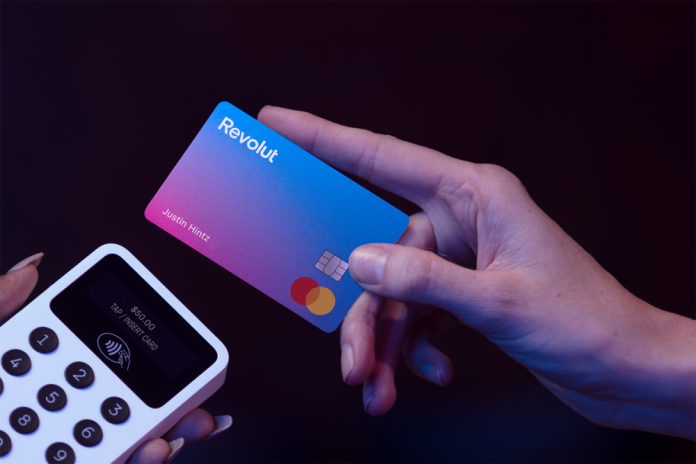Launching a bank in Lithuania was only the beginning, now Revolut has revealed part of its game plan to come out on top after COVID-19.
The challenger bank’s co-founder and CEO Nikolay Storonsky has told the Financial Times that he’s seen “a real opportunity” to use money from the neobank’s $500m investment round earlier this year to acquire competitors who are suffering due to the pandemic.
Revolut is planning to use that money to buy startups in areas such as travel aggregation, which would enable the unicorn’s customers to buy flight tickets or rent cars through the app.
Many startups in that sector are under pressure due to the coronavirus, with many of their investors being reluctant to give them more money because of the crisis. As FinTech Global has reported in the past, this is a situation that a lot of the FinTech industry could find itself in as the virus takes its toll on the markets.
“A lot of travel aggregators are in trouble at the moment – we could probably purchase one and sell flight tickets at cost and be 10 to 15% cheaper than everyone else,” Storonsky told the FT.
That doesn’t mean that Revolut has not been hurt by COVID-19. It has seen a drop in card payments. However, contrary to rivals Startling Bank and Monzo, it hasn’t had to furlough any workers yet.
Revolut raised $500m in February at a $5.5bn valuation, potentially making it Europe’s most valuable privately owned FinTech startup. Although, it is potentially sharing the spot with Klarna, the Swedish payment unicorn that achieved a similar valuation in the summer of 2019.
Buying startups is not the only part of Revolut’s strategy. Earlier this week it launched a bank in Lithuania on the back of acquiring a European banking licence in 2018. It has said it will use the licence to other Central and Eastern European countries later in 2020.
Copyright © 2020 FinTech Global











